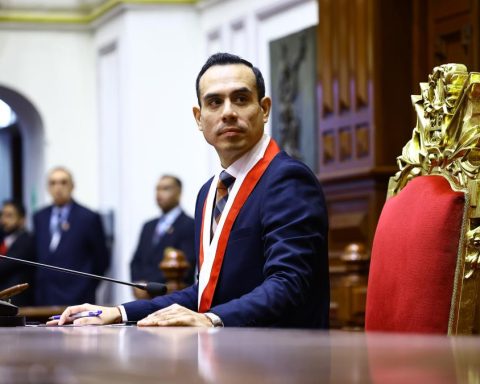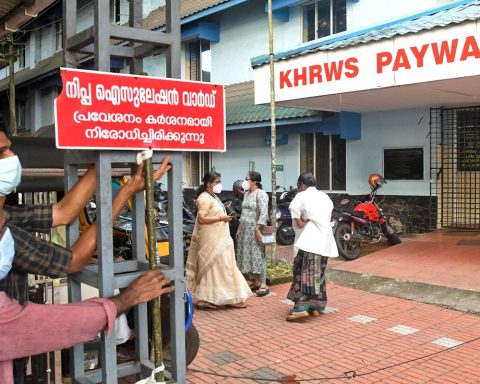On the legislative agenda for this second semester, Labor reform is part of the big bets of the National Government. The project will be debated again in the plenary session of the House of Representatives, in what would be the second of its four debates in Congress.
(Read more: Labor reform: the objections to several articles before voting on the project)
During his first exam in the Legislature, 23 articles were eliminated and 81 were approvedOf that figure, 29.5% were approved without modifications and 38.1% with some adjustments with respect to what was proposed in the original text.
Among the main aspects eliminated are collective issues related to the right to strike in public and essential services and their declaration of illegality, negotiation unity, among others. Also left out of the article were the points referring to the Limits on the use of service provision contracts with natural persons and the increase in the quota of apprentices.
With the debate set to resume next September, KMPG has analysed the main changes that the proposal would bring if it were approved as it is currently.
(See: Without dealing with VAT, the tax authorities’ accounts would not balance)
In the first debate of the VII Commission of the House of Representatives, the labor reform was approved.
Cesar Melgarejo
(Read more: How is the pension reform going, after more than a month of being sanctioned by Petro?)
What would fit?
Among the adjustments that would come with the implementation of the reform (if it becomes law of the Republic) is the one associated with the indefinite-term contract.
According to the text, a fixed-term employment contract could be signed for a period of four years, but if it is extended it will be understood to be indefinite. Thus, This would put an end to the indefinite extension that currently exists in this type of agreement.
The proposal also calls for an increase in compensation for dismissal without just cause, as well as a increase in Sunday and/or holiday surcharges.
As for working hours, these would also undergo some changes. If the reform is approved, the night shift would start to be counted from 7:00 pm and not from 9:00 pm as it is currently. If the worker extends his/her hours, companies will have to pay a surcharge to people who work after this time.
(See: Private higher education enrollment in the country has dropped: why?)

Overtime and night surcharges
iStock
In terms of hiring, the initiative also establishes that apprentices must be hired through fixed-term employment contracts and that contractors must have their own business organization specializing in the contracted service or product.
It should be remembered that the proposal has also been the target of several criticisms. Among the objections that have been made to the labor project, it is noted that This could lead to a considerable increase in informality. (from 7 to 12 percentage points), concentrated mainly in workers with complete secondary education.
(See: Agriculture and public sector would drive GDP in the second quarter: surprises are expected)
PORTFOLIO


















